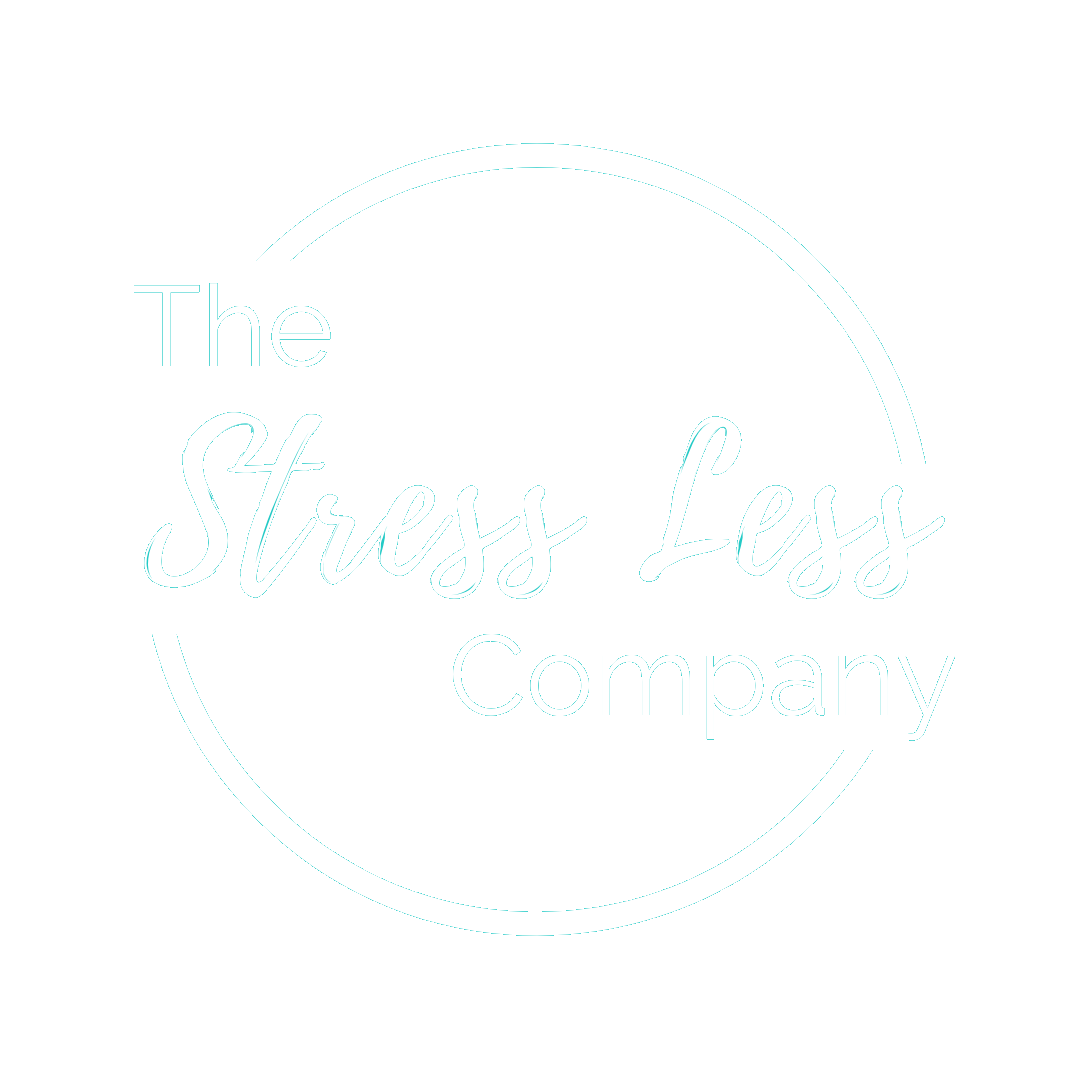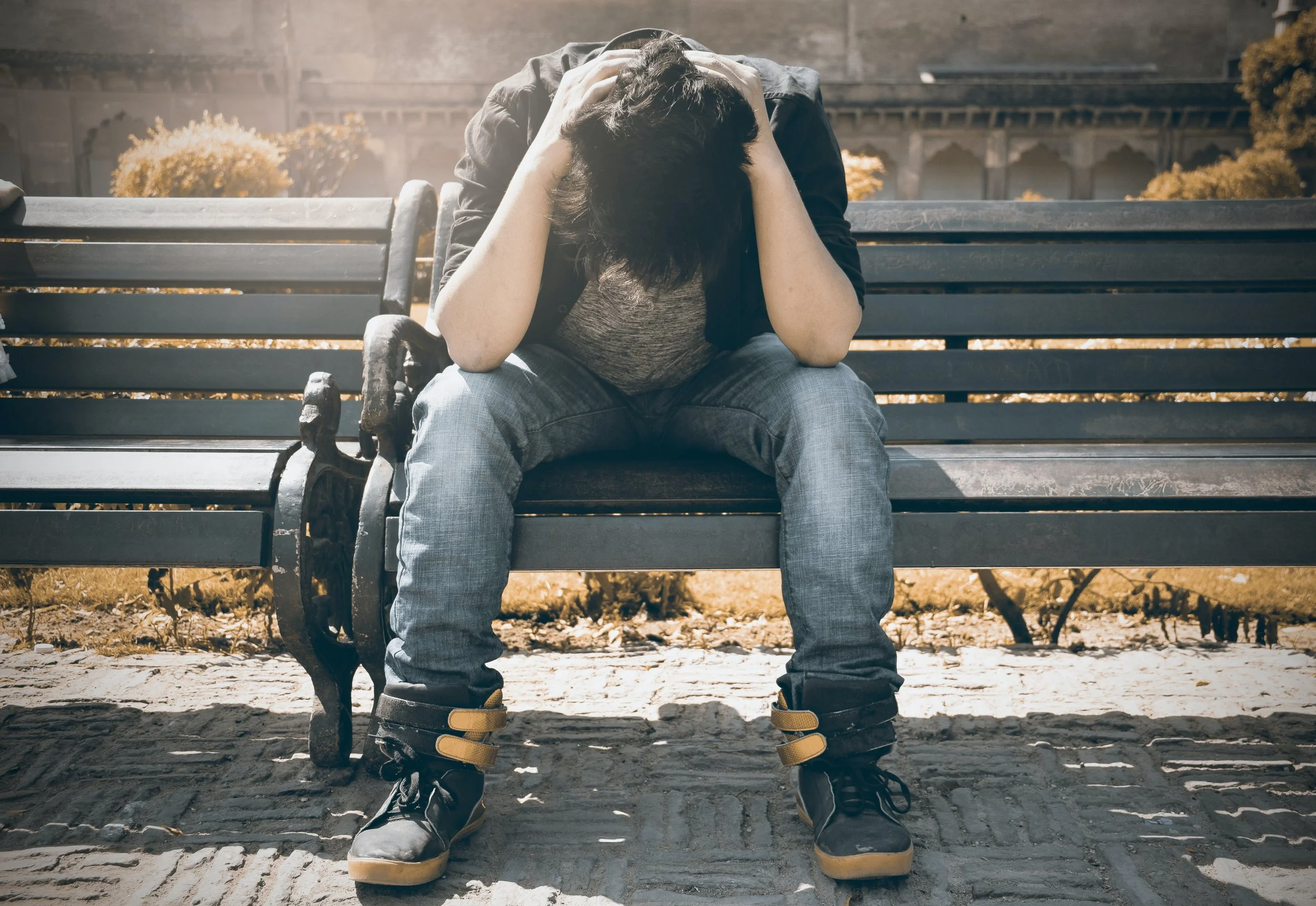Photo by Inzmam Khan from Pexels
NOTE: Many of the links on this page are Affiliate links. Affiliate links mean that I get a small percentage if you buy anything through them (thank you!) but at no extra cost to you.
On Grief
As I sit down to write this post, I have to be real with you. Though I’m an expert at the intersection of loss and stress, I’m still human. As I write this, I’m a human who is experiencing deep, gut-and-heart wrenching grief. Admittedly, this is also why my articles and outreach have been few and far between the last few months. As I continue writing and you continue reading, I want to be clear with you and myself - writing this article has but two purposes. First, my hope is to care for myself by returning to and reminding myself of the supportive knowledge around grief I’ve learned over the years. And, second, my hope is that by exploring this topic for myself, you too may find something that you need or are looking for.
Let’s get started.
What is Grief?
According to Oxford Languages, grief is defined as “deep sorrow, especially that caused by someone's death.” Synonyms include words such as sorrow, misery, sadness, anguish, pain, distress, agony, amongst others.
According to the Founders of The Grief Recovery Institute, John W. James and Russell Friedman, “Grief is the normal and natural reaction to loss of any kind…Grief is the conflicting feelings caused by the end of or change in a familiar pattern of behavior.” In their book “The Grief Recovery Handbook,” the two go on to define what they mean by conflicting feelings:
“What do we mean by conflicting feelings? Let us explain by example. When someone you love dies after suffering a long illness, you may feel a sense of relief that your loved one’s suffering is over. That is a positive feeling, even though it is associated with death. At the same time, you may realize that you can no longer see or touch that person. This may be very painful for you. These conflicting feelings, relief and pain, are totally normal in response to death.
What about divorce? Are there conflicting feelings too? Yes. You may feel a genuine sense of freedom now that the battles are over. That is a positive feeling. At the same time, you may be afraid that you will never ‘find someone as beautiful/as good a provider.’ These conflicting feelings, freedom and fear, are also natural responses to loss.”
While most of us think of death when we think of grief, both sources referenced above agree that death is not the only cause of grief.
Grief is a natural human response to loss.
Misguided: The Five Stages of Grief
Speaking of things we often think about when it comes to grief, let’s talk about the famous work by Swiss-American psychiatrist, Dr. Elisabeth Kübler-Ross. In 1969 Kübler-Ross wrote a book that took the world by storm. In this book, “On Death and Dying,” she mapped out and shared what she called the “Five Stages of Grief.” The stages included denial, anger, bargaining, depression and acceptance.
Here’s the catch: while most of the world have applied these stages to varying kinds of grief, these stages were developed in one specific arena. Dr. Elisabeth Kübler-Ross specifically studied those diagnosed with a terminal illness. John W. James and Russell Friedman make a very important point in “The Grief Recovery Handbook”:
“While Dr. Elisabeth Kübler-Ross’s contributions brought heightened awareness about the process of dying, her work has been accompanied by some unfortunate collateral damage. Many people, professionals and the general public alike, have attempted to apply her stages to the emotions that arise after a loss. She identified denial as the first stage that follows notification of a terminal illness. Absent other helpful information, her work has often been misinterpreted to imply that denial is also a stage that a person experiences following a death or divorce”
James and Friedman go on to share, “In all our years working with grievers, we have yet to be approached by someone who is in ‘denial’ that a loss has occurred. The very first thing they say to us is, ‘My mother died,’ or, ‘My dog died,’ or, ‘My wife divorced me.’ These statements reflect absolutely no denial that a loss has occurred.”
Myths Surrounding Grief
If you haven’t caught on yet, “The Grief Recovery Handbook” has been one of the most powerful tools I’ve encountered on my own journey with grief to date. Because of the authors I also learned that we really are ill prepared as people and a society to deal with loss. John and Russell share in their book that many of us “were sent into life with several pieces of misinformation about dealing with loss.” The two authors identified six of the most common pieces of misinformation we have been given:
Don’t feel bad. This is telling ourselves or others things like ‘oh, don’t cry…’ and is incredibly unhelpful as feeling good all the time is an impossible task when it comes to grief.
Replace the loss. (i.e. we tell others that when their dog dies or their wive leaves, not to worry [see above] that they can get a new dog or that there are plenty of fish in the sea)
Grieve alone. Russell’s mother once told him ‘if you’re going to cry, go to your room.’ Because of comments like this he learned that he was supposed to grieve alone. This is the opposite of what many of us need when we experience loss.
Just give it time. This is the myth that time heals all wounds. There is no timeline for grief. Each of us experiences loss very differently.
Be strong for others. (i.e. “Be strong for your brother.”) The authors mention that this one is confusing for many because it’s unrealistic and undoable.
Keep busy. Staying active or keeping busy simply buries the pain now only to have it resurface later. It’s yet another band-aid solution.
John W. James and Russell Friedman go into much more detail in their book about each of these pieces of misinformation. If you’re looking for grief recovery or to gain perspective to better support a grieving loved one, I highly recommend you pick up the book. In addition to busting these myths, they also provide a powerful framework to begin healing from loss.
Being There for Others
Speaking of supporting a grieving loved one, how do we do that?
Back in 2018 I had the opportunity to attend a TedX event featuring musician and speaker Kate Schutt. She shared a powerful talk called “A Grief Casserole - How to help your friends & family through loss.”
She captivated the audience with raw vulnerability as she shared the story of her personal experience with grief - her mother had been diagnosed with cancer and she had made the tough decision put her instruments and career down to become her mother’s primary caregiver. It was during this time that she realized that we as a society really don’t know how to care for those who are grieving. She mentioned some common pitfalls we can easily fall into like giving someone space or asking the griever to ‘let me know what I can do to help.’
Schutt shares that often we can find ourselves not knowing what say or do and so we decide to give someone space to grieve. When we finally do connect we might tell the griever, ‘I wanted to reach out but I didn’t want to bring it up or make it worse.’ Kate shares that for her the topic was already up and there was nothing the other person could do to make it worse.
On the flip side, Schutt shares her experience of trying to help those in her life who were grieving before she knew how to help in meaningful ways. During her talk she says, “Sure I’d mouth that sickeningly familiar phrase, ‘Let me know what I can do to help.’ as if that was a kind of helping, full well knowing they’d never take me up on the offer. It was just another thing they’d have to decide.”
Kate goes on to share that “there are simple things you can do to show up for your loved ones, things that will make them feel seen and supported, because it’s not about you and what you’re worried about. It’s about them and what they’re going through.”
When it comes to helping grieving friends and family feel loved, Kate Schutt recommends that you pick one of these three things and do it:
Send a text or an email or call and say simply this: ‘This must be so difficult for you, I can’t imagine what you’re going through. I’m sending you my love. No need to respond.’
Go and do a chore or errand for them, something simple. Don’t ask their permission, just show up and do it. Take the dogs on a walk, fold the laundry, clean the kitchen floor, pick up the dry cleaning, take the kids out for ice cream.
Make or buy a big mac and cheese casserole and drop it off at their house. Kate shares this to lighten up the mood as she wraps up her talk, but everyone in the audience knows what she means. We all need to eat - grieving or not. Make or buy your grieving loved one a meal and drop it off so that food is one less thing they need to worry about.
In Summary
Grief is a natural and complex human response to loss of all kinds.
The Five Stages of Grief - denial, anger, bargaining, depression and acceptance - don’t necessarily apply to every situation.
Try your best not to buy into the misinformation we’ve been fed around grief (i.e. don’t feel bad, replace the loss, grieve alone, just give it time, be strong for others, keep busy, etc.).
If you’re experiencing grief, a great place to start is by picking up The Grief Recovery Handbook or by hopping on the phone with someone who understands what it’s like to experience and healthily navigate grief (you can apply for a complimentary discovery call with me here).
If you have a loved one who is experiencing grief, you can show them love and support by reaching out, taking something off their plate, dropping off some food, amongst other things.
Lastly, I want you to know that if you are experiencing that heart-and-gut wrenching grief, you are most certainly not alone.
Sending all my love,





















